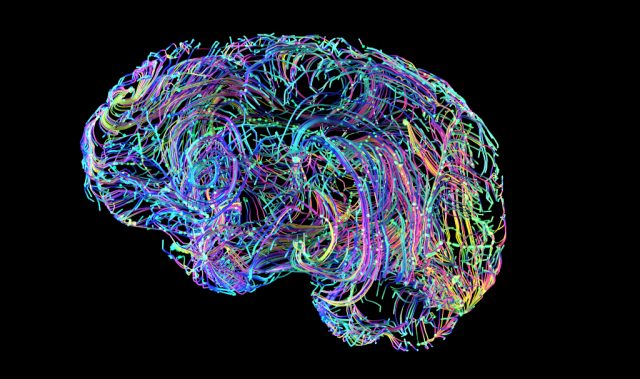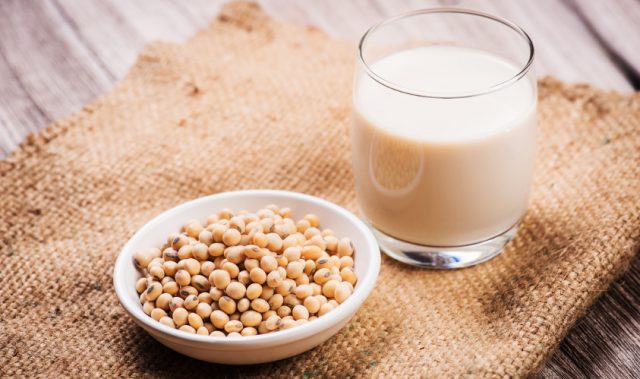
AsianScientist (Feb. 15, 2016) – Researchers in Japan have showed that stimulating secretion of the ‘hunger hormone’, ghrelin, in mice using the traditional Japanese Kampo medicine rikkunshito had beneficial effects on aging-related diseases. The article was published in Molecular Psychiatry.
Rikkunshito is normally used to treat gastrointestinal disorders. In previous trials of rikkunshito, most evidence showed improvement in patients suffering from various kinds of gastrointestinal distress, including loss of appetite, constipation, and generalized discomfort, according to Cleveland Clinic Wellness. It is also used to treat anorexia in cancer patients.
Previous studies have shown that caloric restriction (CR)—reducing calorie intake without incurring malnutrition or a reduction in essential nutrients—slows aging and delays functional decline as well as the onset of some diseases. Ghrelin, which regulates energy metabolism, is secreted in the stomach in response to CR and fasting.
As such, lead author Professor Akio Inui and colleagues from Kagoshima University Graduate School of Medical and Dental Sciences hypothesized that ghrelin has a role in protecting against aging-related diseases.
They examined the impact of ghrelin signaling on the survival of three mouse model groups, two of which had shortened lifespans and one that mimicked normal human aging. They found that treatment with rikkunshito and atractylodin, a compound in rikkunshito which stimulates the uptake of the hormone by target organs, prolonged the lifespan in all three models.
When rikkunshito was administered directly, researchers found that increased levels of ghrelin improved cardiac output and memory consolidation in aging mice. They also observed improvement of several age-related diseases, such as pericarditis, myocardial calcification and atrophy of myocardial and muscle fibers in this group.
“These findings suggest that the elevated endogenous ghrelin signaling has an important role in preventing aging-related premature death,” the authors wrote in their paper.
Enhancing ghrelin signaling may be an additional approach for the improvement of both the health and lifespans of modern aging societies, they concluded.
The article can be found at: Fujitsuka et al. (2016) Increased Ghrelin Signaling Prolongs Survival in Mouse Models of Human Aging through Activation of Sirtuin1.
———
Source: Asian Scientist Magazine; Photo: Shutterstock.
Disclaimer: This article does not necessarily reflect the views of AsianScientist or its staff.












